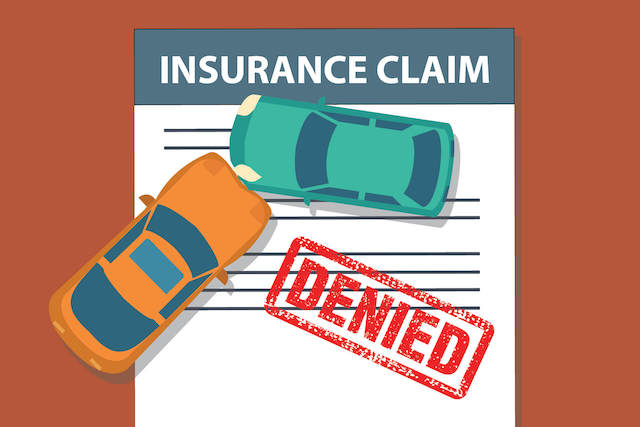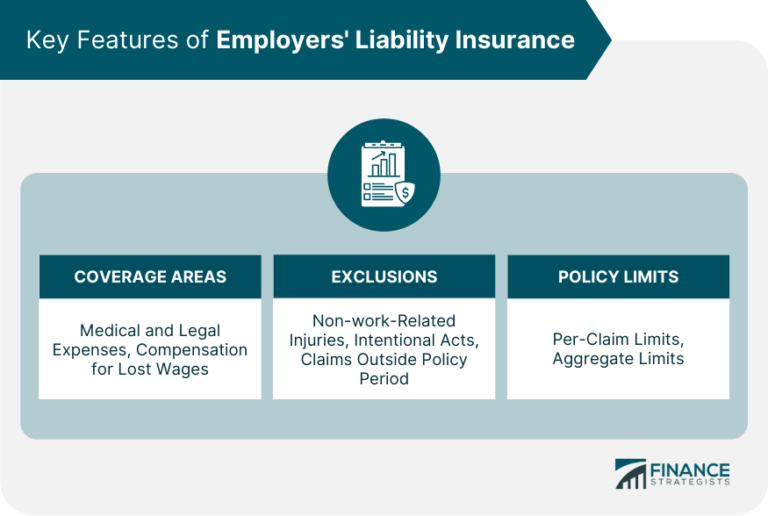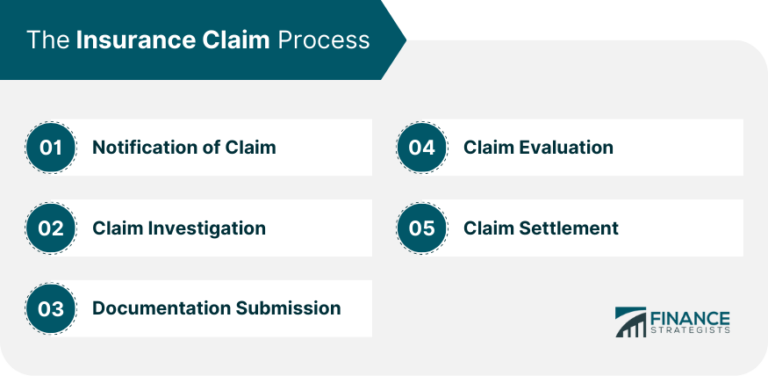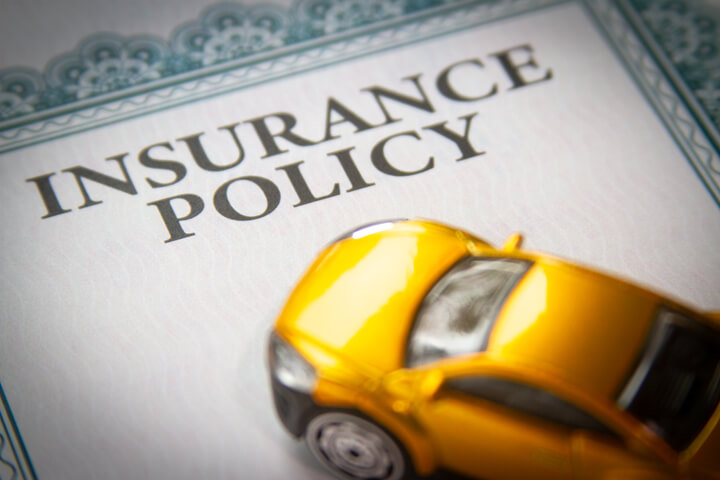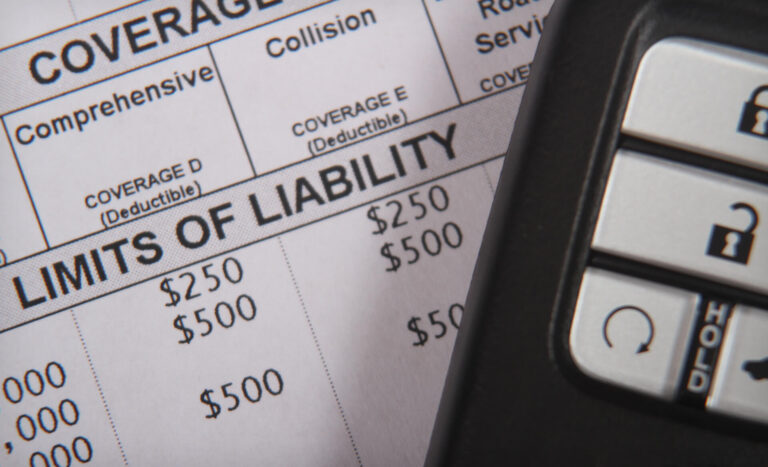
Facing a denial from an insurance company after filing a personal injury claim can be frustrating and overwhelming. However, a denial does not mean the end of your case. There are steps you can take to challenge the decision and work toward securing the compensation you deserve. In this article, we’ll explore why claims get denied and what you can do to appeal the decision and strengthen your case.
1. Understand Why Your Claim Was Denied
Insurance companies must provide a reason for denying your claim. Some of the most common reasons include:
- Lack of evidence: The insurer may claim insufficient proof of injury or liability.
- Policy exclusions: Your policy may not cover the type of accident or injury you sustained.
- Missed deadlines: Failing to file within the required timeframe can result in denial.
- Pre-existing conditions: The insurer may argue your injuries were not caused by the accident.
- Disputed liability: The company may claim their policyholder was not at fault.
Understanding the reason for denial helps you determine the best course of action moving forward.
2. Review Your Insurance Policy
Carefully read through your insurance policy to understand your coverage, exclusions, and the insurer’s obligations. Pay special attention to:
- Coverage limits
- Excluded injuries or accidents
- The appeals process outlined in the policy
If you’re unsure about any terms, consulting a personal injury lawyer can help clarify your rights.
3. Request a Formal Denial Letter
If you have only received verbal notice of the denial, request a written explanation from the insurance company. This letter should detail the reasons for denial, along with any policy provisions cited in their decision. Having this documentation is crucial for building an appeal.
4. Gather Additional Evidence
If the denial was due to lack of evidence, strengthening your case with additional documentation may help. Consider collecting:
- Medical records: Detailed reports, doctor statements, and bills showing the extent of your injuries.
- Witness statements: Accounts from individuals who saw the accident occur.
- Accident reports: Police reports, incident documentation, or surveillance footage.
- Expert opinions: Testimony from accident reconstruction experts or medical professionals.
5. File an Appeal with the Insurance Company
Most insurance policies include an appeals process. When filing an appeal:
- Write a formal appeal letter outlining your case.
- Include any additional evidence supporting your claim.
- Reference policy terms that justify your compensation request.
- Keep copies of all communication with the insurance company.
6. Negotiate with the Insurance Adjuster
If your claim was denied due to disputed liability or damages, negotiating directly with the adjuster may lead to a resolution. During negotiations:
- Stay professional and persistent.
- Provide factual evidence that counters their reasons for denial.
- Request a reconsideration or higher settlement offer.
7. File a Complaint with the State Insurance Department
If you believe the insurance company is acting in bad faith, you can file a complaint with your state’s insurance regulatory agency. Bad faith practices include:
- Unjustified claim denials
- Delayed claim processing
- Failure to conduct a proper investigation
Your state’s insurance department may intervene or guide you on the next steps.
8. Consider Mediation or Arbitration
Alternative dispute resolution methods such as mediation or arbitration can help settle disputes without going to court. These processes involve a neutral third party who helps both sides reach a fair agreement.
9. Consult a Personal Injury Attorney
If your appeal is unsuccessful, hiring a personal injury lawyer may be necessary. An attorney can:
- Assess the strength of your case.
- Negotiate more effectively with insurers.
- File a lawsuit if needed.
Many personal injury lawyers work on a contingency basis, meaning you don’t pay unless you win your case.
10. File a Lawsuit Against the Insurance Company
As a last resort, you may need to take legal action. Filing a lawsuit may be necessary if:
- The insurance company continues to deny your valid claim.
- You have strong evidence proving your right to compensation.
- The settlement offer remains unfair despite negotiations.
Your lawyer will help you file a bad faith insurance claim or a lawsuit against the at-fault party, depending on your situation.
Conclusion
A denial from the insurance company is not the end of the road. By understanding the reasons for denial, gathering additional evidence, filing an appeal, and seeking legal help if necessary, you can increase your chances of overturning the decision and securing the compensation you deserve. If you are struggling with a denied claim, consulting a personal injury lawyer can be the best step toward protecting your rights.

